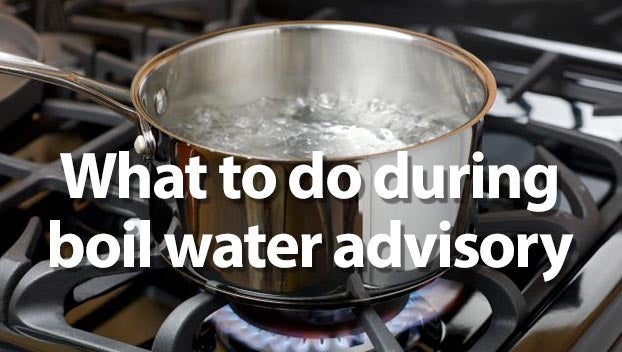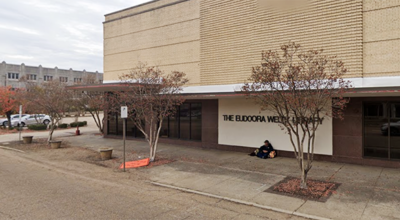What are you supposed to do during boil water advisory? Here are some guidelines.
Published 8:54 am Thursday, February 18, 2021
Many towns and cities across the state are currently under boil water advisories and notice — most because water systems cannot keep up with demand due to water leaks and other problems caused by freezing temperatures and other effects from this week’s winter storms.
What are you supposed to do during a boil water notice? Here are some guidelines from area water systems.
If you are under a boil water notice:
● Do not drink tap water.
● Do not use ice made from recent tap water.
● Do not use tap water to make drinks, juices, or fountain soft drinks.
● Cook with tap water ONLY if food is boiled for at least one minute.
●Wash dishes, fruits and vegetables in boiled water or water that has been disinfected with
bleach. Using your home dishwasher is not recommended.
● Brush your teeth with boiled or bottled water.
● Wash your hands and bathe as usual. Bathing is safe as long as no water is swallowed.
● Wash laundry as usual. Laundry washed in hot or cold water is safe.
Disinfecting Water
● Bring water to a rolling boil for 1 minute to kill most organisms.
● If you cannot boil your water, mix eight drops (1/8 teaspoon) of unscented, ordinary household
chlorine bleach (5.25 percent sodium hypochlorite) per gallon of water. Mix the solution thoroughly, and let stand for about 30 minutes. (This treatment will kill bacteria, but not parasitic organisms.) If water is muddy or cloudy, remove sediment by straining it through a cloth or filter paper before disinfecting.
● Alternatively, water may be treated with chlorine or iodine tablets.
● If you cannot boil your water, mix eight drops (1/8 teaspoon) of unscented, ordinary household
chlorine bleach per gallon of water. Mix the solution thoroughly, and let stand for about 30
minutes before using.
When your boil-water notice is lifted:
● Flush faucets for a total of 10 minutes to introduce system water throughout house plumbing.
Example:
- 1 faucet — run for 10 minutes
- 2 faucets — run both for 5 minutes
- 3 faucets — run each for 3‐4 minutes
● Flush any faucet a minimum of 2 minutes to ensure clearing of the line serving the
faucet.
● Discard any drinks, ice, food, etc., made during the boil water notice.
● Rewash any food or drink contact items (knives, forks, plates, etc.) with cleared system water.
● Check water filters (in faucets, refrigerators and elsewhere) and replace if necessary.
● Do not use water from your hot water heater for drinking until several exchanges of the tank
have occurred.
● Run dishwasher through a cycle or two before washing dishes.
Can I bathe and shave with water?
The water may be used for showering, baths, shaving or washing, as long as one does not swallow the water or allow it in the eyes or mouth. Parents should supervise children to make sure water is not ingested, and caregivers should supervise disabled individuals for the same reason. Those with recent surgical wounds, who have a chronic illness or are immunosuppressed should consider using bottled or boiled water for bathing until their boil water notice is lifted.
Do not use contaminated water to wash dishes, brush your teeth, wash and prepare food or make ice. Make sure to boil or disinfect water before use (see above). Drink only bottled, boiled or disinfected water until your water supply system is tested and found to be safe.
Should I wash fruits and vegetables with water?
Fruits and vegetables should be washed with boiled (then cooled) water, bottled water or disinfected water as described above. Ice should be made with boiled, bottled or disinfected water.
Again, you should not use contaminated water to wash and prepare food or make ice. If you use bottled water, make sure you know where it came from. Otherwise, water should be boiled or disinfected before use.
What organisms can be in contaminated water?
The major organisms of concern are bacteria such as E. coli and Shigella. These organisms primarily affect the gastrointestinal system and cause diarrhea, abdominal cramps, nausea, and vomiting with or without a fever. These illnesses can seriously affect the health of the elderly, very young or those who are immunocompromised.
More News






